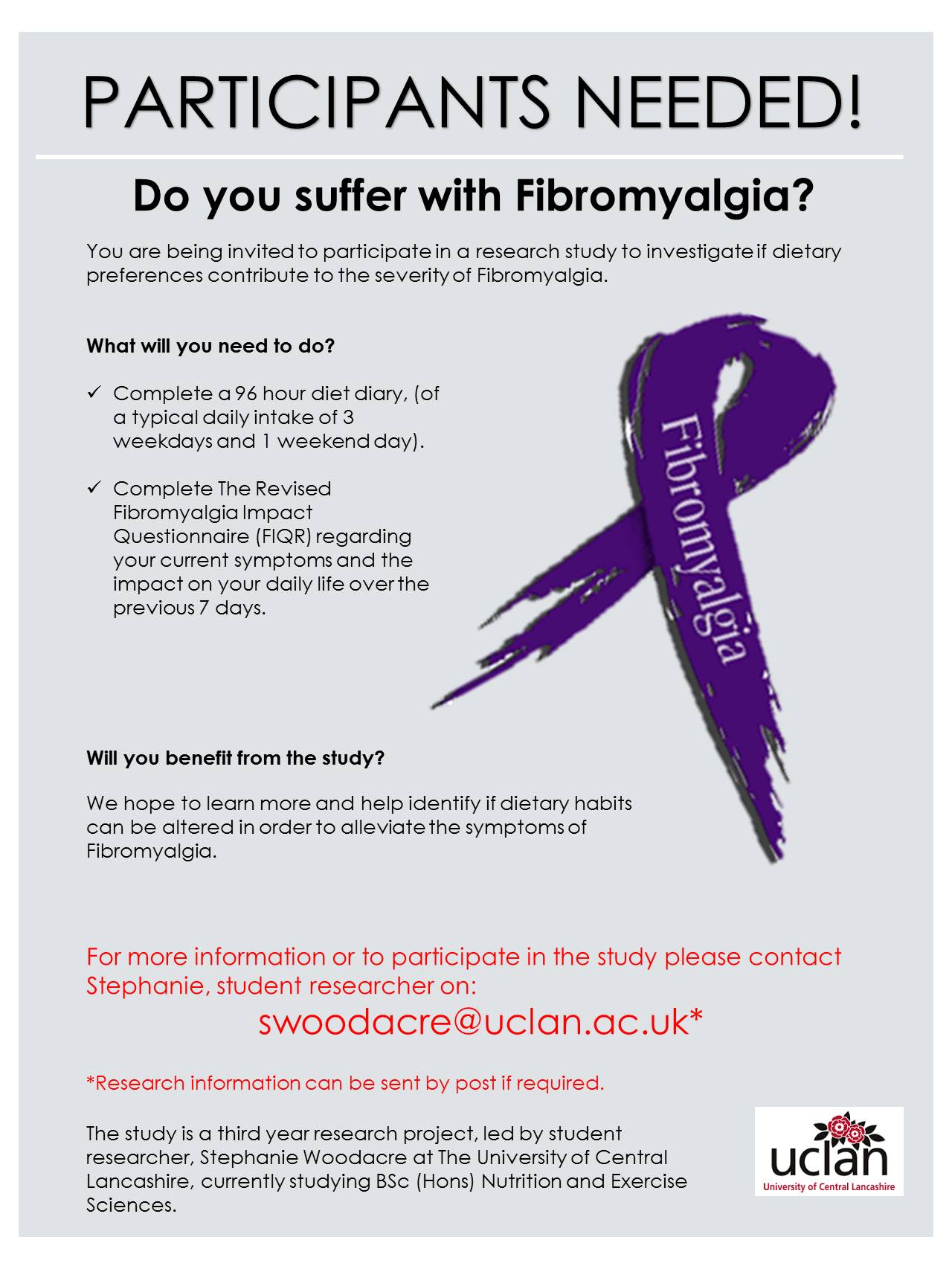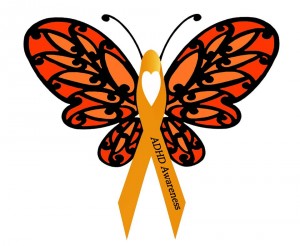Is enough being done to help people with mental health conditions (such as depression, anxiety and bipolar) in your opinion?

Is enough being done to help people with mental health conditions (such as depression, anxiety and bipolar) in your opinion?
I ask because as many of you know I am the England based father of a child on the autism spectrum. Like many younger people on the spectrum he suffers from anxiety. His school suggested that we ask for help from the local medical professionals.
This was supported by our son’s educational psychologist.
But when we can to take him to the local service provider we were told that because of his autism he would not qualify. Indeed the “bar was very high” for any child to gain support.
So I wondered how common our experience has been. Given that there has , in the UK at least, much noise about the need to open up the conversation about mental health. Which seems to me to be pretty pointless if you are not going to put in any resource.
So firstly I have set up the poll below asking “Is enough being done to help people with mental health conditions in your opinion?”. Firstly it would be great if you would take part.
Secondly would you tell us a bit more about your story about seeking support for a mental health issue. Please do use the comments box below to tell us more.



